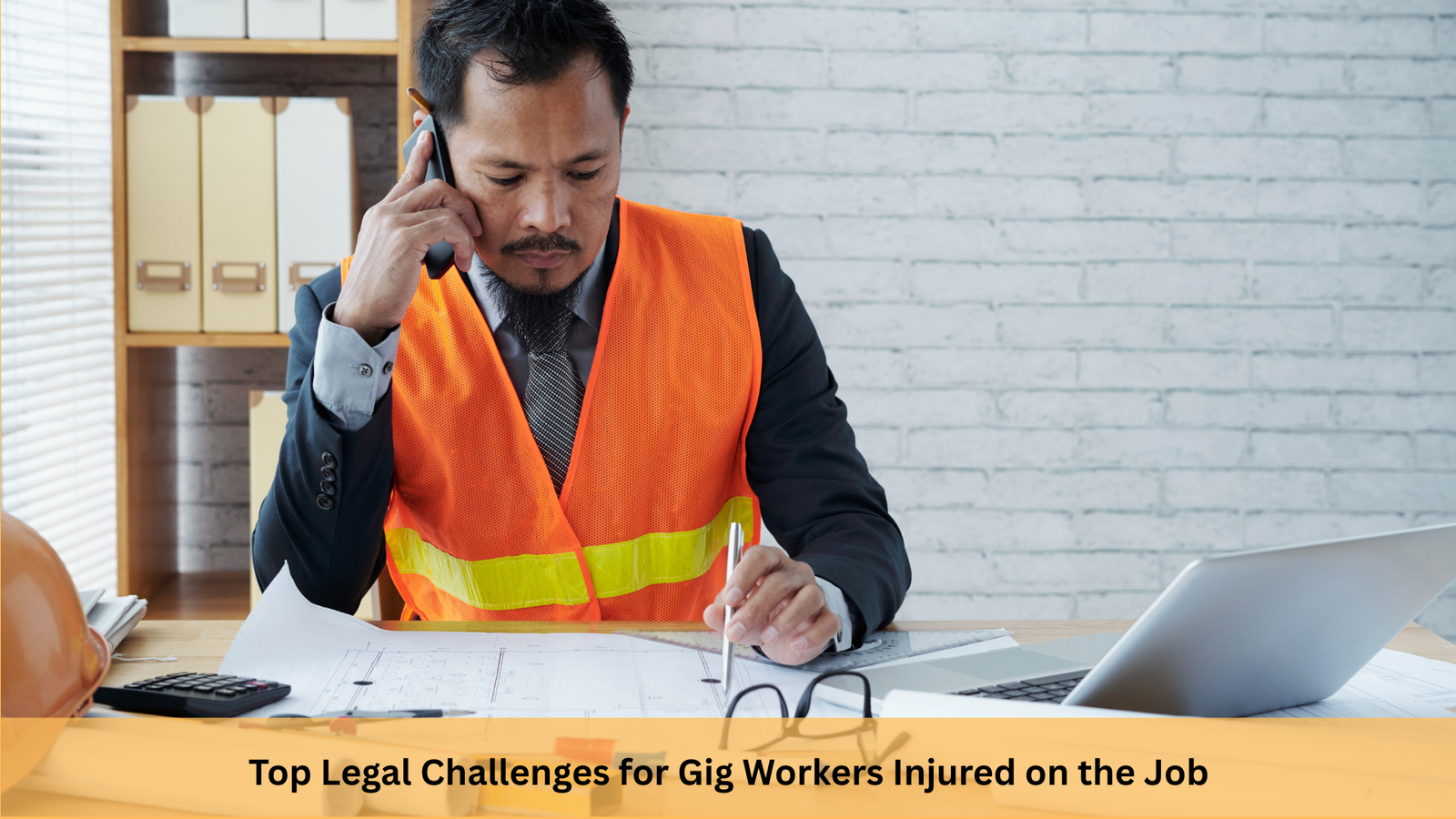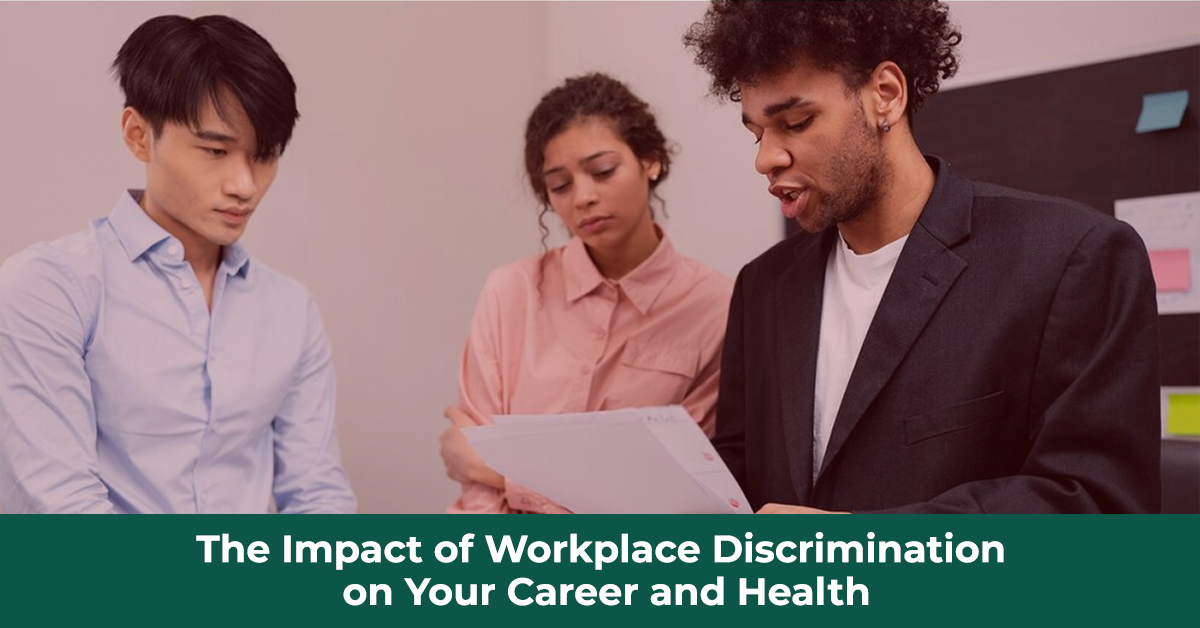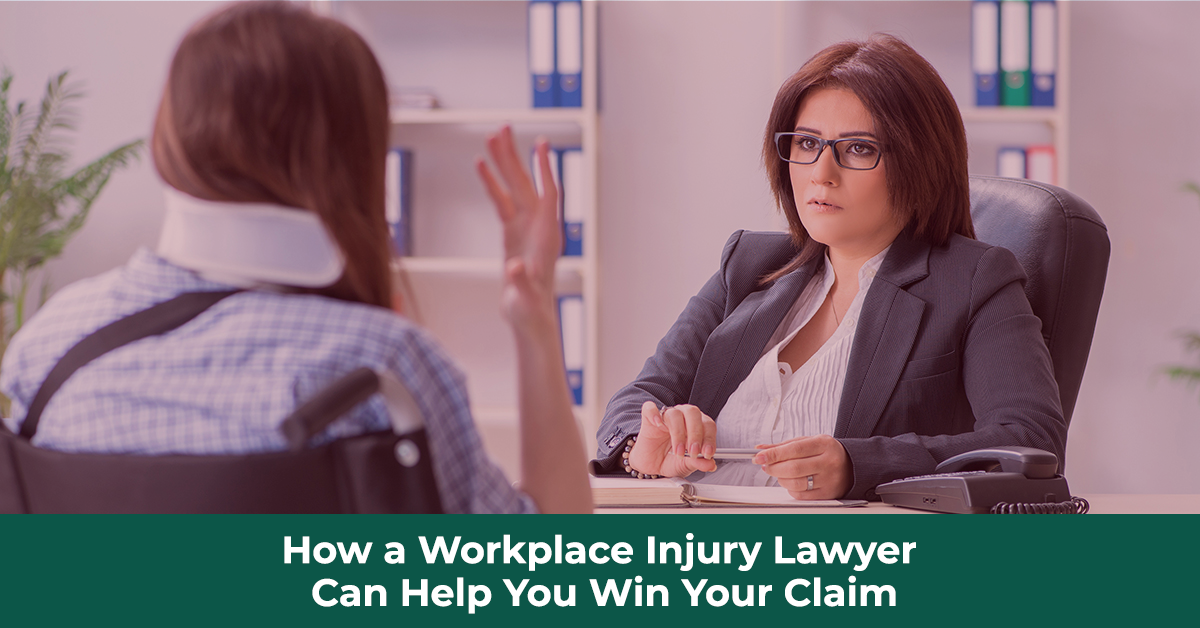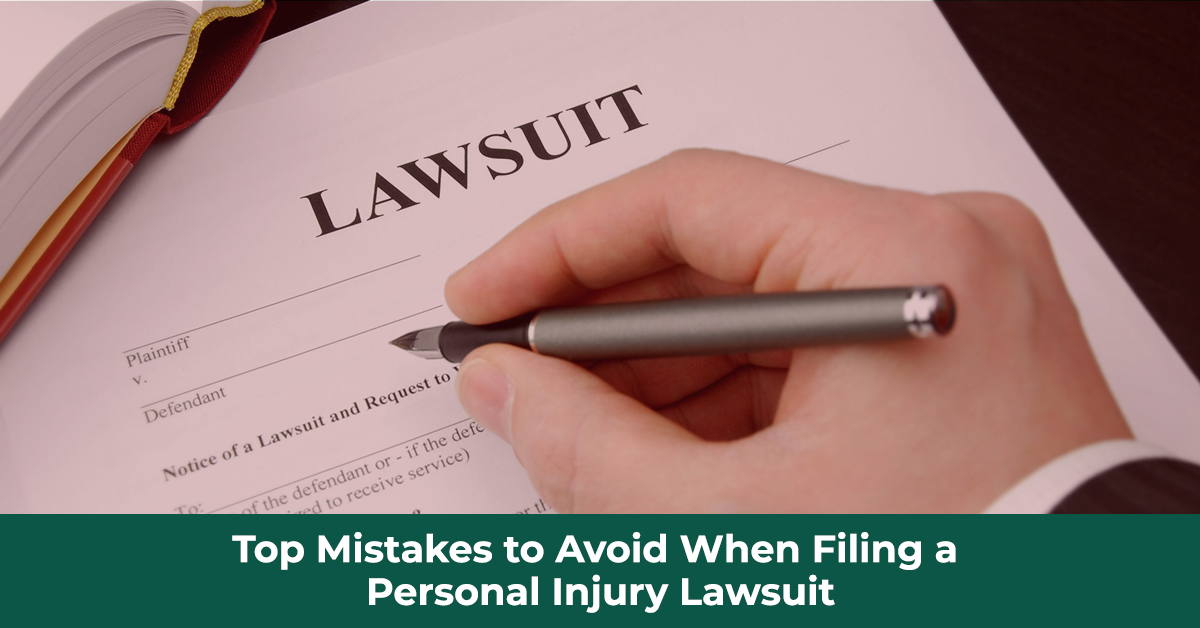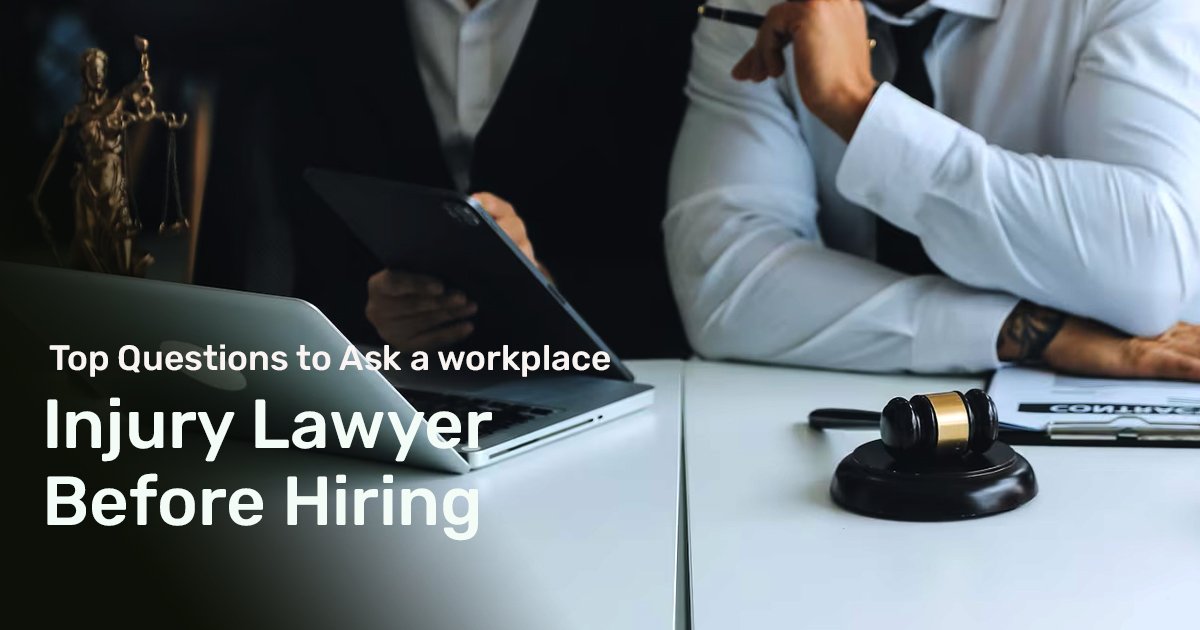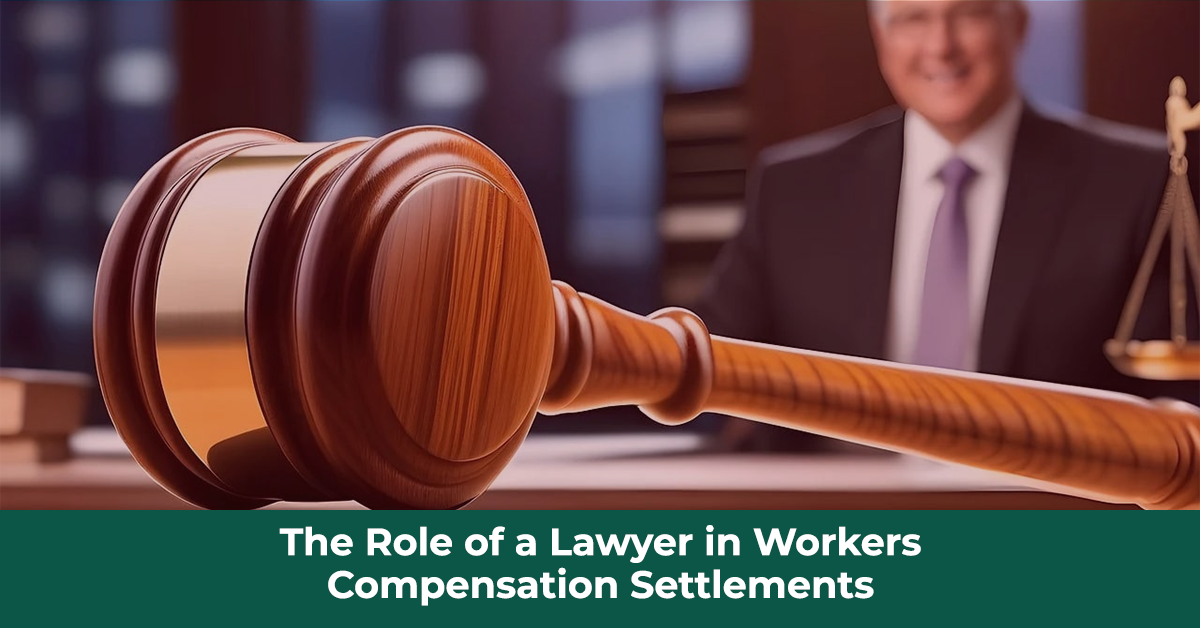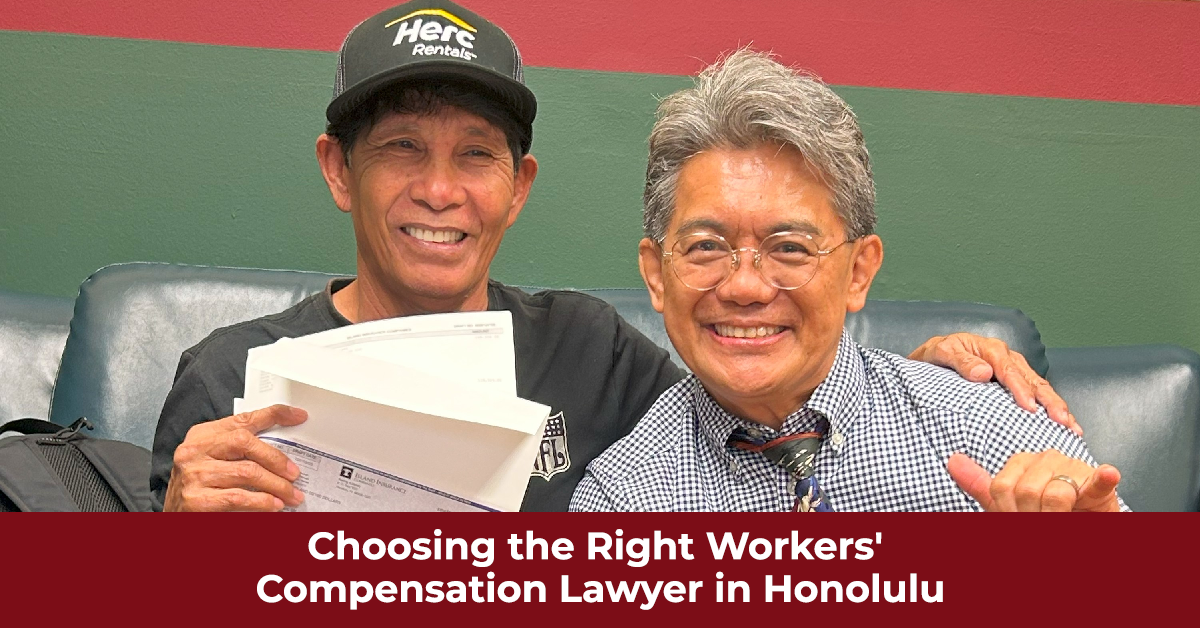Picture this: you’re driving for a delivery app in Honolulu, hustling to finish your last order of the night. Out of nowhere, another car cuts you off, and suddenly you’re on the ground, hurt and shaken. You go to the app for help, only to discover there’s no workers’ comp, no paid leave, and no straightforward path to recovery.
That’s the reality for many gig workers. The gig economy offers flexibility, but when it comes to injuries, workers often discover a legal maze stacked against them. At the Law Offices of Alex M. Sonson, we’ve seen these struggles firsthand. Understanding the legal challenges for gig workers is the first step toward protecting yourself and securing the compensation you deserve.
Why Injured Gig Workers Face Unique Struggles
Traditional employees in Hawaii are automatically covered by workers’ compensation. Gig workers? Not so lucky. Here’s why:
- Most companies classify gig workers as “independent contractors.”
- Independent contractors aren’t guaranteed health coverage, wage replacement, or workers’ comp.
- Insurance provided by apps is often bare minimum, covering accidents but not long-term income loss.
This gap leaves thousands of workers unsure where to turn. That’s where an experienced Hawaii workers’ compensation lawyer becomes essential.
Hawaii Labor Laws for Gig Workers
Hawaii’s labor laws are strong for employees, but murky for contractors. Employers often lean on this gray area to avoid paying benefits. If you’ve been hurt while working in the gig economy, the first legal hurdle is proving whether you were misclassified.
A skilled attorney can help demonstrate that:
- The company exerted significant control over how you worked.
- Your role resembled that of an employee, not a freelancer.
- You should qualify for workers’ compensation benefits under Hawaii law.
These cases aren’t easy, but they’re winnable with the right legal strategy.
The Most Common Gig Economy Legal Issues
Working gigs comes with hidden risks. Some of the biggest gig economy legal issues include:
- Employment Classification – The core of nearly every dispute.
- Access to Benefits – Including medical coverage, paid leave, and workers’ comp.
- Liability Questions – Who pays if you’re injured: you, the company, or the client?
- Insurance Gaps – Company-provided policies often don’t cover lost wages.
- Income Instability – Unpredictable pay makes recovery after injury harder.
Step-by-Step: What to Do If You’re Hurt as a Gig Worker
Getting injured while working gigs is overwhelming. Here’s a clear roadmap to follow:
Step 1: Get Medical Help. Your health always comes first. Call 911 if it’s serious.
Step 2: Document Everything. Save photos, doctor notes, bills, and app communications.
Step 3: Notify the Platform. Even if they don’t offer much help, reporting creates a record.
Step 4: Track Your Income Loss. Screenshots of past earnings are valuable evidence.
Step 5: Call a workers’ compensation attorney in Honolulu, HI right away. Don’t sign anything before speaking to legal counsel.
Why Legal Help for Injured Gig Workers Is Crucial?
Big companies in the gig economy don’t always play fair. They have legal teams designed to minimize payouts. Without professional guidance, it’s easy to get pressured into accepting low settlements or having your claim dismissed.
With legal help for injured gig workers, you get someone on your side who knows the system, understands gig workers and workplace injury claims, and can push back against unfair tactics.
At the Law Offices of Alex M. Sonson, we fight for your right to fair treatment. And remember, we don’t get paid unless you win.
FAQs
Q1: What if an independent contractor gets hurt on the job?
You may still have options. If you were misclassified, you could qualify for workers’ compensation. If not, you might pursue a negligence or liability claim against the company or a third party.
Q2: What does Prop 22 mean for gig workers?
Prop 22 is a California law that set a precedent by classifying gig workers as contractors with limited benefits. While it doesn’t directly apply in Hawaii, it influences how companies argue cases nationwide.
Q3: What steps should an employee take if they have been injured on the job?
- Report the injury as soon as possible.
- Get medical care and keep detailed records.
- File a claim if eligible.
- Contact a Hawaii workers’ compensation lawyer to avoid costly mistakes.
Q4: What are the problems with gig workers?
The main issues are misclassification, lack of benefits, inconsistent income, and unclear protections when accidents happen.
Q5: What are the risks of gig employment?
The risks include job insecurity, financial instability, and no automatic access to workers’ compensation or unemployment benefits.
Q6: What is one common challenge faced by workers in the gig economy?
Absolutely. Unstable income makes it harder to recover financially after an injury. Many gig workers live paycheck to paycheck, so even a short-term injury can create major hardships.
Call to Action That Matters
If you’re a gig worker in Hawaii who’s been injured, you don’t have to face this uphill battle alone. One phone call can make all the difference. Call the Law Offices of Alex M. Sonson today for a free consultation. We’ll explain your rights, guide you step by step, and fight for the compensation you deserve.
It costs nothing to call. We don’t get paid unless you win.
Don’t wait, protect your health, your income, and your future.

